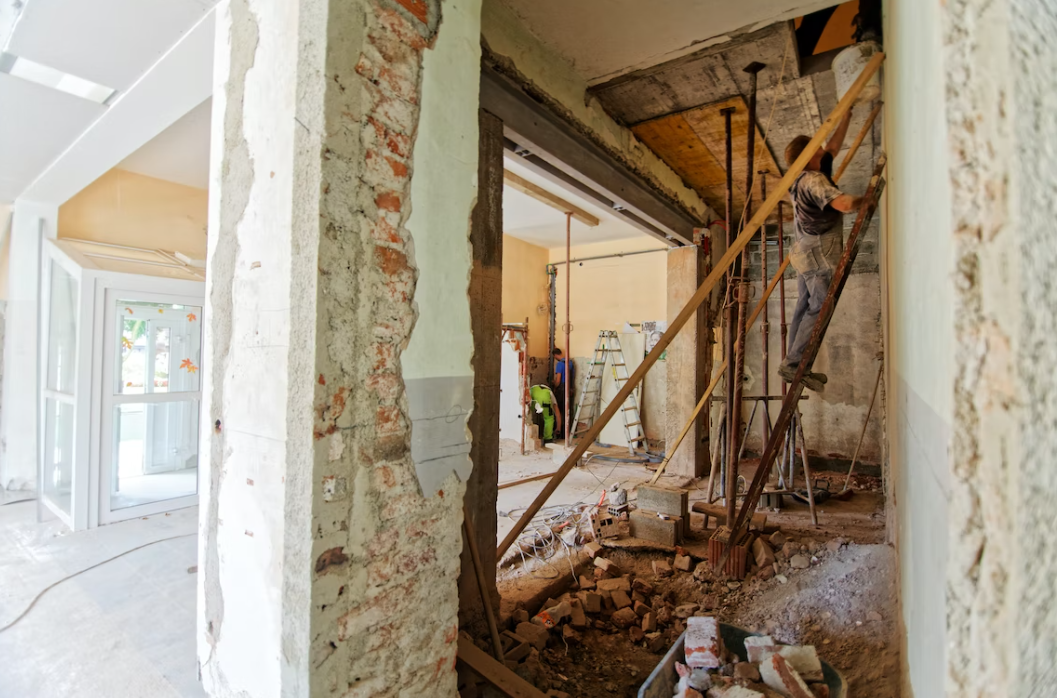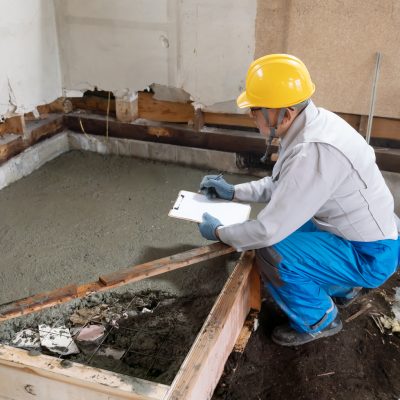A home remodeling project can be a huge undertaking, but you’ll likely feel less overwhelmed by the process if you take everything in stride. These five tips can help you stay organized throughout each phase of your home renovation project and make your endeavor a success.
Be Wise with Your Money
It’s important to set a budget and do your best to stay within your money limit but still allow yourself to go slightly over your budget if you’re able. The cost of supplies and any contractors you hire should be accounted for in your budget. You can also use online budget-tracking tools to help you monitor your spending throughout each project phase.
DIY vs Contractor
When remodeling, the success of your project is dependent on finding the right balance between DIY and hiring a contractor. If you jump into a remodel with no experience in construction or remodeling it might be best to hire a contractor. Hiring contractors such as Cardinal Remodeling & Design, LLC should be heavily considered.
DIY Pros
Choosing to do it yourself has its advantages. The most obvious one is cost—if you don’t pay someone else, you save money. But there are other benefits as well, such as having full control over every detail of the project and learning new skills in the process. It’s also possible to complete projects faster when going the DIY route since you don’t have to wait for someone else to fit your project into their schedule. This makes it easier to stay on budget and get things done quickly if time is tight.
DIY Cons
While doing it yourself might seem like a good idea, it’s important to take into account some of its drawbacks too. One downside is that DIY jobs require more research since you’ll need to know how everything works before tackling a project. You may also face unexpected problems while attempting complicated tasks without professional guidance, which could lead to costly delays or mistakes that will be difficult to fix later on down the line. Additionally, certain remodels such as electrical wiring or plumbing should always be handled by professionals with experience and expertise in those areas for safety reasons.
Contractor Pros
If you decide against doing it yourself, there are many benefits associated with hiring a contractor instead! The biggest advantage is that contractors have years of experience; they have seen just about everything before and know what works best in different situations. A contractor will also be able to provide helpful advice along the way and help ensure that everything is done correctly from start to finish. Lastly, most contractors are licensed and insured which provides additional peace of mind when tackling major projects like remodels.
Contractor Cons
On the flip side, hiring a contractor comes with some drawbacks as well – namely, cost! Professional contractors often charge more than someone who does the work themselves would spend on materials alone; however, this cost can sometimes be offset by savings due to fewer mistakes or delays caused by inexperience or lack of knowledge about how certain systems work together in harmony for successful completion of a project within budget and time frame expectations set at outset of job contract agreement between contractor and client (you).
When deciding whether you should do a remodel yourself or hire a contractor, there are many factors to consider — cost, experience level, and safety concerns — so weigh each carefully before making your decision! While both options come with their own pros and cons, ultimately only one option will be right for your specific situation; fortunately armed with this information now you can make an informed decision about what’s best for your successful remodel project! Good luck!
Set a Timeline
A timeline can help you stay focused on when certain tasks should be completed. Failure to plan a timeline could result in the completion of your project being delayed. You should try to create a schedule for how long each individual task is expected to take to get done. It’s also a good idea to allow some leniency in your timeline for unexpected delays and holidays that could slow the renovation process.
Screen Your Contractors Carefully
If you plan to hire contractors to work on your entire project or just help you with certain tasks, you shouldn’t forget to check their backgrounds to ensure that you’re only hiring the most qualified professionals. Information regarding a contractor’s license, insurance, and references should all be made available to you. Even if you want to hire contractors from a reputable company, you should still screen these contractors carefully to make sure they have the right credentials to do the job.
Check to See if You Need Any Permits
You might be surprised to learn that certain work to your home can’t be done legally without a permit from your local city or county. Permits verifying that your proposed project meets local fire safety and structural requirements for your building may need to be obtained. You might also be required to have special electrical or plumbing permits to proceed with the work.
Keep Your Home as Clean as Possible
Your home shouldn’t have to become a huge mess when you’re renovating, and making the efforts to keep your living space as clean as possible could leave you with fewer things to do to get your home back in order after the remodeling work is complete. Furniture, flooring, and other parts of your home that aren’t being worked on can be covered in plastic to keep dust and dirt from soiling and potentially ruining them. You should also be diligent about vacuuming and dusting your home as much as possible throughout your project to eliminate more filth.
You shouldn’t have to go through a lot of extra trouble just to get your home renovated. By following the right steps, your home renovation project may go smoother than you expected.




